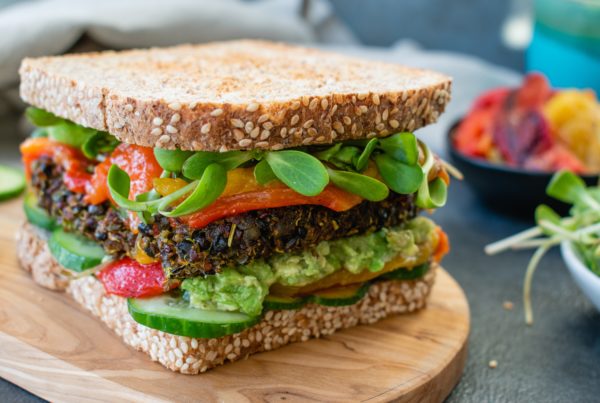Now that it’s starting to get warmer, many people are experimenting with different diet regimes in an attempt to lose weight. However, many of these diets are not sustainable long-term, and lead to a term called “Yo-yo dieting”. Now you might be asking me, what Yo-yo dieting is. Yo-yo dieting is weight loss and gain after dieting, forming a pattern similar to how a yo-yo goes up and down. Today we’ll be discussing some adverse effects of Yo-yo dieting, and how we can avoid them.
- Experiencing weight gain due to a larger appetite
-
- Our hunger is regulated by a hormone called leptin. Leptin controls our appetite by sending a signal to our brain to stop eating. It is found mainly in fat cells, and the amount secreted is dependent on the amount of fat we have. When we lose fat from dieting, the amount of leptin secreted is decreased, increasing our appetite and consequently the amount we eat. Because of this, people often gain the weight that they lost back, or even more than before they started dieting.
- Muscle loss
-
-
- A common misconception with dieting is that you can target weight loss and lose only fat. Unfortunately, this isn’t the case. Oftentimes when we diet, we lose muscle mass, along with fat. Losing muscle mass is not ideal, and can leave us at risk of injuries, loss of strength and coordination.
-
- Developing a negative relationship with food
-
- Many diets are extremely restrictive, demonizing certain foods in an attempt to lose weight fast. However, yo-yo dieting is all too common, and gaining weight you worked so hard to lose can be frustrating. This may cause you to avoid certains foods, or have a negative perception of foods, making it hard to enjoy eating. This could lead to the development of disordered eating or eating disorders and can be mentally tolling.
The above are a few negative consequences of yo-yo dieting, and avoiding them are ideal. Here are some ways to meet your goals both short and long-term:
- For long-term loss, aim to lose about 1-2 pounds a week and no more than this
- Eat lots of leafy greens, colourful vegetables and fruits and whole grains to get fiber and other essential nutrients
- Eat lean proteins (ex. Fish, eggs, legumes, tofu) and healthy fats (ex. Avocados, olive oil, nuts and seeds) to fuel you throughout your day and to maintain muscle mass
- Find an active activity you enjoy and do it regularly (ex. Zumba, pilates, jogging, swimming etc.)
- Find mechanisms to help reduce stress and get good sleep
- Practice intuitive eating by being aware of what you’re eating, eating slowly, listening to your hunger cues, enjoying your food’s textures, tastes and smells
At the end of the day, trying out fad diets and getting wrapped up in losing weight quickly is not the best idea, and can have many negative consequences. Instead, practice living a healthy lifestyle, develop positive relationships with your own body and with food, and don’t be afraid to reach out to a Registered Dietitian for further help and guidance!



